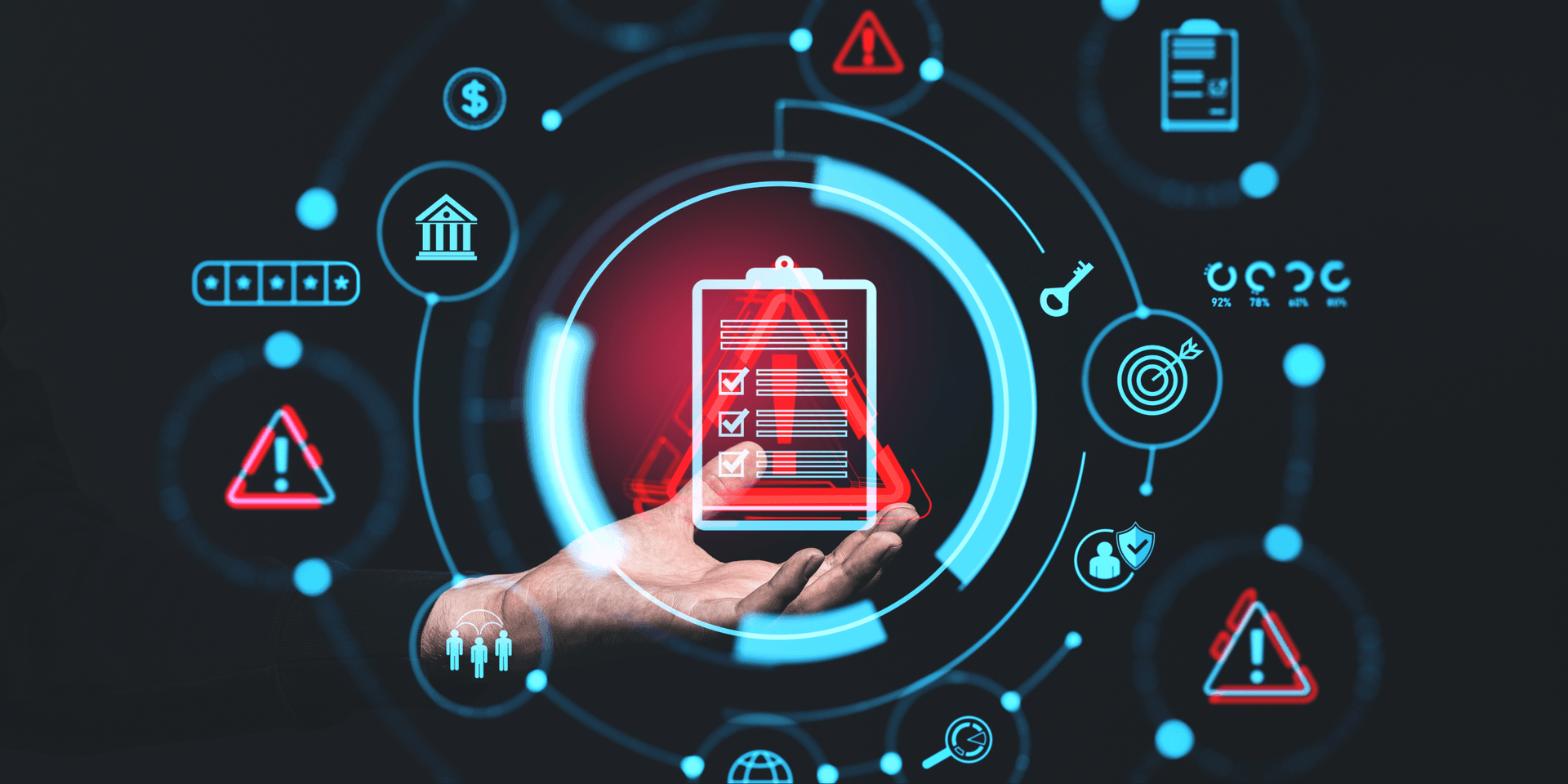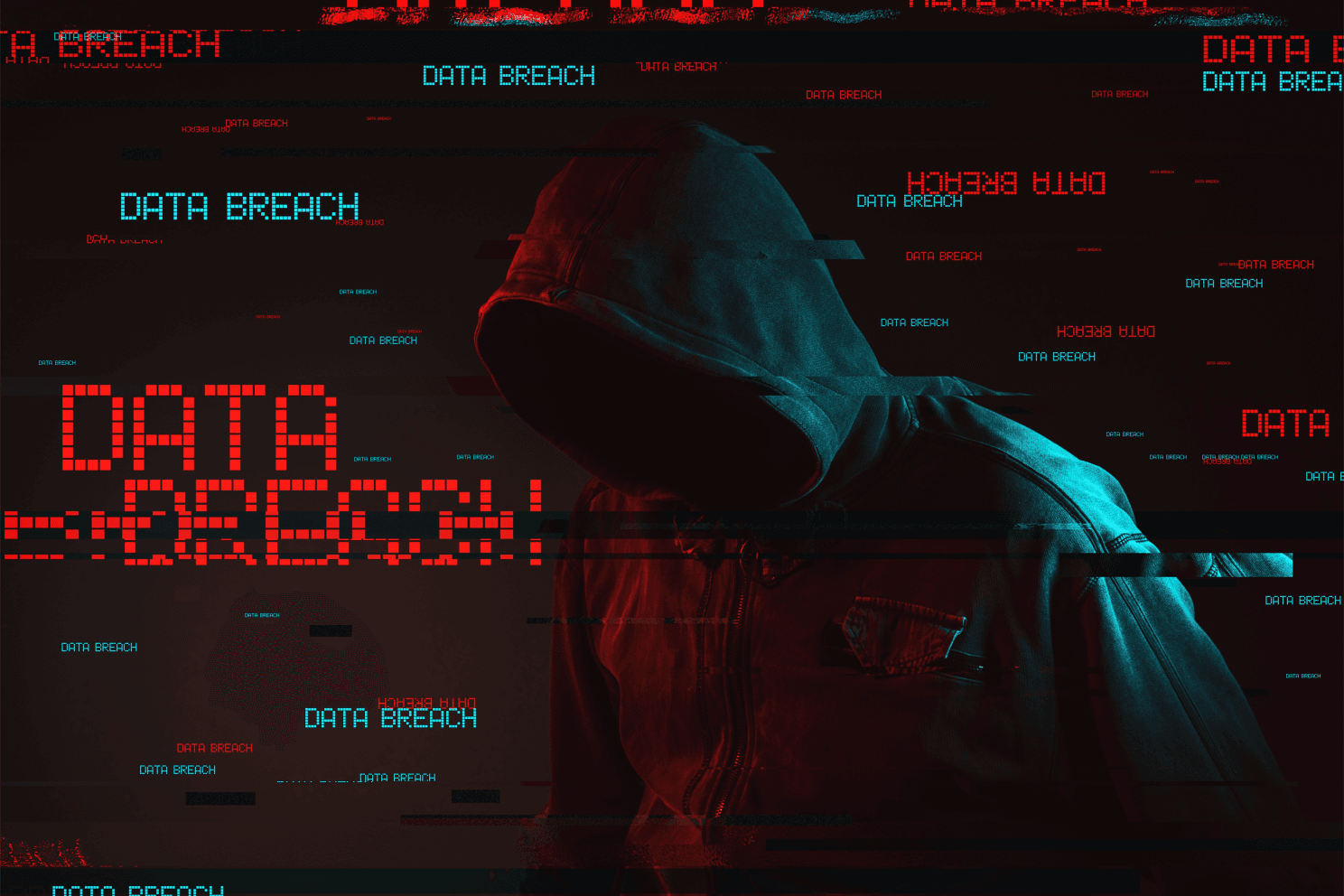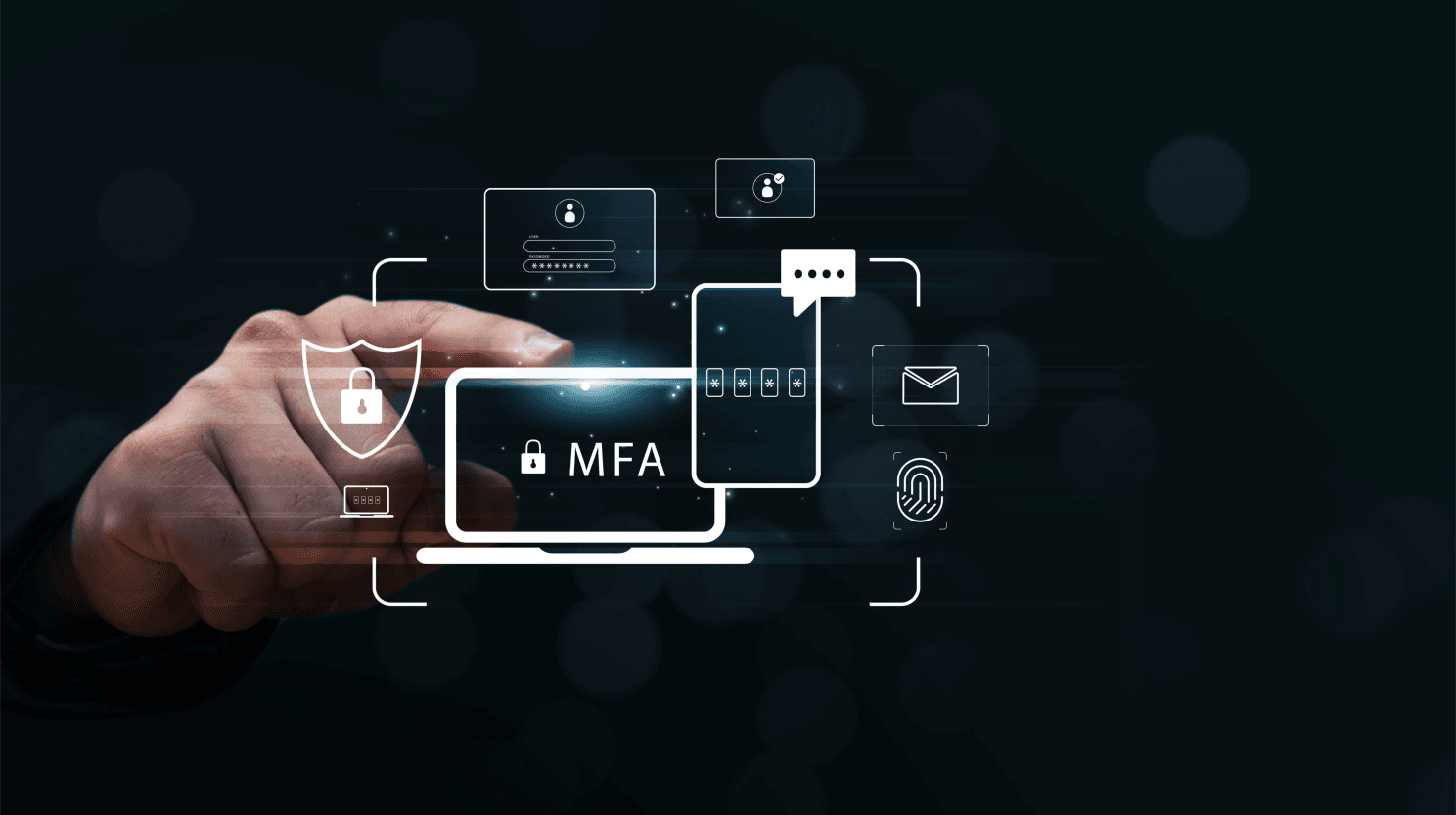The Hidden Risks of Using Free Messaging Apps Like Signal for Government Secrets
Imagine you’re sending a private letter through the mail. You seal it in an envelope, trusting that only the person you addressed it to will open it. Now picture that same letter being carried by a delivery service that promises security but doesn’t check who’s picking it up at the other end or worse, accidentally hands it to a stranger who wasn’t supposed to see it. That’s a bit like what happens when free consumer-to-consumer (C2C) messaging apps like Signal are used for highly sensitive government work. These apps, while great for everyday chats, come with risks that can trip up even the most cautious users especially those tasked with protecting a nation’s secrets. Let’s break down why these tools can stumble when it comes to confidentiality, integrity, and authentication, and dive into a recent incident involving current US Defence Secretary Pete Hegseth that shows exactly what can go wrong.
The Risks: Confidentiality, Integrity, and Authentication Under Threat
First, let’s talk about confidentiality keeping your messages secret. Apps like Signal are famous for their end-to-end encryption, which scrambles your messages so only the sender and receiver can read them. It’s like locking your letter in a safe that only you and your friend have the key to. But here’s the problem: if someone steals your phone or hacks your computer say, through a sneaky email link or a virus- that safe isn’t much help. For government officials handling things like military plans or national security details, this is a huge risk. One compromised device could leak secrets to enemies or spies, no matter how strong the encryption is.
Next, there’s integrity- ensuring your messages aren’t changed along the way. Signal’s design stops outsiders from tampering with your words mid-flight, which is great. But there’s a catch: how do you know the app on your phone is the real deal? Signal is open source, so tech experts can peek at its code, but the version you download might not be perfect. If a hacker slips something nasty into it- like a secret feature that copies your messages elsewhere- your “secure” chat isn’t secure anymore. For governments, where a single tweaked message could mislead a critical decision, this uncertainty is a big worry.
Finally, authentication- proving the person you’re texting is who they claim to be. Signal links your account to a phone number, which is easy to set up but also easy to fake. Tricks like SIM swapping- where someone convinces your phone company to give them your number- can let a stranger join your chat and pose as you or someone else. For those managing government risks, this is a disaster waiting to happen. You need rock-solid proof that the person on the other end is a trusted colleague, not an impostor.

The Atlantic Incident: A Real-World Wake-Up Call
Now, let’s look at what happened with Pete Hegseth, the current US Defence Secretary. This week, a bombshell story broke in The Atlantic. Jeffrey Goldberg, the magazine’s editor-in-chief, revealed he’d been accidentally added to a Signal group chat by National Security Adviser Michael Waltz. This wasn’t just any chat- it included Hegseth, Vice President JD Vance, Secretary of State Marco Rubio, and other top officials. On March 15, Hegseth reportedly posted detailed plans about US military strikes on Yemen- targets, weapons, and timing- just hours before the attacks happened. Goldberg saw it all, and if he could, who else might have?
The White House and National Security Council confirmed the messages were real, sparking outrage. How did this happen? Signal’s loose authentication likely played a role- anyone with a phone number can join a group if invited, and there’s no extra check to confirm their
identity. In this case, a simple mix-up let an outsider in. Posts on X suggest Hegseth downplayed it, calling Goldberg a “discredited journalist” and denying he shared “war plans,” but the screenshots and official statements tell a different story. For a government handling classified info, this was a glaring mistake.
Compare that to a tool like Armour Mobile, a secure platform built for high-stakes communication. Armour Mobile uses multi-factor authentication (MFA)- think passwords, codes sent to another device, or even biometrics. It’s like needing a key, a secret handshake, and a photo ID to get into a club. In the Atlantic incident, MFA would’ve stopped Goldberg cold- accidentally texting him the invite wouldn’t have mattered because he couldn’t pass the extra security steps. For officials like Hegseth, that kind of protection is a game-changer.

C2C vs. MFA: Why Authentication Is Everything
This highlights the core difference between C2C apps like Signal and platforms with MFA. Signal is made for regular folks- think friends planning a night out or coworkers sharing a quick update. It’s simple: grab a phone number, download the app, and you’re in. That’s perfect for casual use, but it’s a liability for classified chats. If an enemy can fake their way into a group with a stolen number, the whole system crumbles.
Platforms with MFA, like Armour Mobile, are built differently. They’re like a fortress with multiple gates- you don’t get in unless you prove who you are, step by step. This isn’t just about blocking outsiders; it’s about trust. When you’re discussing military strikes or secret negotiations, you need to know every person in the chat is legit. MFA delivers that certainty, which is why it’s critical for government work. The Atlantic incident shows what happens when you skip that layer: a journalist- or potentially a spy- can slip right in.

Whose Fault Is It?
Here’s the twist: this isn’t really Signal’s fault. Signal was designed to protect everyday people from nosy companies or casual hackers, not to handle top-secret government talks. It’s like using a bike lock to secure a bank vault- it’s good at what it does, but it’s not meant for that level of risk. The real issue lies with Hegseth and his team. They assumed Signal’s encryption made it safe enough, missing the bigger picture: the risks of hacked devices, shaky authentication, and human error- like adding the wrong person to a chat. They didn’t fully understand what they were gambling with.
For those guarding government secrets, the takeaway is simple: use tools made for the job- ones with MFA, strict controls, and a focus on the threats you face. Free apps like Signal have their place, but when national security is on the line, convenience can’t outweigh safety. The Atlantic incident isn’t just a slip-up- it’s a warning. Understanding these risks isn’t optional; it’s essential.
